Dr. Louis
R. Negrete was born and raised in Los Angeles. During his distinguished career,
Dr. Negrete served as Director of Project Head Start for the Council of Mexican
American Affairs and was also a founding member of the new Chicano Studies
Department at the California State University in Los Angeles. He served as
professor of Chicano Studies for some 35 years at Cal State LA. CHICANO
HOMELAND is his first book. Dr. Negrete makes his home in Los Angeles,
California.
Web site
for book at www.ChicanoHomeland.com
1. Are you a morning writer or a night writer?
I am mostly a night writer. I prefer to write when I am alone and undisturbed.
I am mostly a night writer. I prefer to write when I am alone and undisturbed.
2. Do you outline or are you a pantster?
I write without an outline. I write as thoughts occur to me and I make changes when I see the entire sentence for clarity.
I write without an outline. I write as thoughts occur to me and I make changes when I see the entire sentence for clarity.
3. Which comes first – plot or character?
I try to identify what people are doing about a situation and describe it’s evolving parts. I realize that some activists may not like what I write but it’s more important to record what is going on than to impose my own political beliefs.
I try to identify what people are doing about a situation and describe it’s evolving parts. I realize that some activists may not like what I write but it’s more important to record what is going on than to impose my own political beliefs.
4. Noise or quiet when working on your manuscript?
I prefer quiet when I am working on my manuscript. I turn off my radio and television when I sit down to write.
I prefer quiet when I am working on my manuscript. I turn off my radio and television when I sit down to write.
5. Favorite TV show?
I
usually watch news television channels, like CNN, for current events. I look
mostly for developments affecting the Latino people in the United
States. Mainstream news outlets cover little
or nothing of the life experiences of Latinos unless immigration as a national
threat and immigrants themselves are viewed as threats to our country.
6. Favorite type of music?
I like all forms of music, from oldies of the 50’s and 60’s to current hits. I had an extensive collection of records including the Doors, Santana, the Stones, Beatles and even some of the great comic records of my day, including Cheech and Chong, George Carlin and Richard Pryor. Mexican music reminds me of growing up at my grandmother’s house with the music I heard all my life, from childhood to now.
I like all forms of music, from oldies of the 50’s and 60’s to current hits. I had an extensive collection of records including the Doors, Santana, the Stones, Beatles and even some of the great comic records of my day, including Cheech and Chong, George Carlin and Richard Pryor. Mexican music reminds me of growing up at my grandmother’s house with the music I heard all my life, from childhood to now.
7. Favorite craft besides writing?
I stay busy
as an 84 year- old taking care of my house, my family and my health.
8. Do you play a musical instrument?
I never learned to play a musical instrument although my son plays guitar.
I never learned to play a musical instrument although my son plays guitar.
I am a single widower.
10. Children or no?
I have two daughters and a son, with five adult grandchildren.
11. Pets?
12. Favorite place to write?
I prefer to write at home where it‘s quiet.
13. Favorite restaurant?
I go regularly to my neighborhood restaurant, La Morenita, in Lincoln Heights, where I order my favorite Huevos a la Mexicana. I recommend it to everyone.
14. Do you work outside the home?
I am now retired, so I do my writing at home.
15. What was the name of the last movie you saw?
I saw the
film “Roma” last night with my daughter. It was a fantastic movie.
16. Favorite outdoor activity?
I
enjoy walking in the nearby park. I enjoy meeting new friends and staying
connected to the neighborhood.
17. Pet peeve?
I don’t like it when I cannot find a place to park.
18. Your goal in life?
I devoted my life to teaching, organizing and encouraging the younger generation to fight for social justice.
19. Your most exciting moment?
My
most exciting moment was the realization that I had been elected vice-president
of the associated students at Cal State
University, Los
Angeles, during my senior year. The campaign was
unforgettable as I learned the importance of involvement with other people in
politics. I was a member of the founding faculty in the first Chicano Studies
Department in the United States.
20. The love of your life?
The love of my life now centers on my family.
Title: CHICANO HOMELAND
Author: Louis R. Negrete
Publisher: Independent
Pages: 136
Genre: Historical/Nonfiction
Author: Louis R. Negrete
Publisher: Independent
Pages: 136
Genre: Historical/Nonfiction
BOOK BLURB:
Los
Angeles author-educator Dr. Louis R. Negrete lived and now tells the
compelling, dynamic story of the movement for the rights of Mexican-Americans
in the USA, particularly those In California.
In his riveting, powerfully written historical book, CHICANO
HOMELAND, retired college professor
Dr. Negrete vividly describes the issues that sparked the Chicano civil rights
movement, that saw unbridled police brutality, institutional poverty (that
still even exists today, he says), demands for better schools, the anti-Vietnam war protests and the support for
undocumented immigrants.
Mr.
Negrete’s CHICANO HOMELAND captures in its historical pages the early
Mexican settlement in Los Angeles to the 1950s Zoot Suit riots in L.A. to where
Chicanos stand today in the California culture. He gives us a colorful, vivid
history of a people that every Hispanic should read, especially as he says,
“Chicanos and Chicanas, so they can know where they came from, how they got
here and be inspired to chart a course to a genuine, lasting political power
for what is now the largest ethnic minority in the United States.”
Commented
author Dr. Louis R. Negrete on his book, “I believe that Americans must fight
back against racism and national politics. The Chicano movement was a success
but resistance to racism must continue, especially with the anti-immigrant
policies popular today. I wrote the book based upon my experience growing up in
Los Angeles, aware of persistent demands for justice and an end to racism.
Younger Mexican-Americans and other minorities should know this part of United
States history.”




















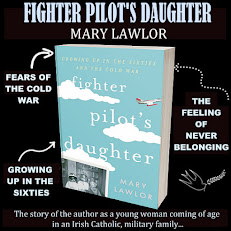



































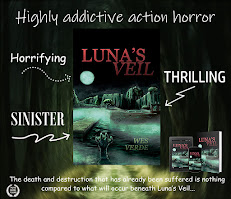
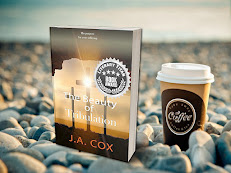








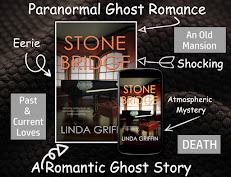
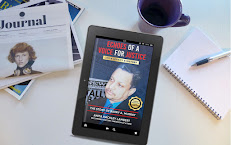


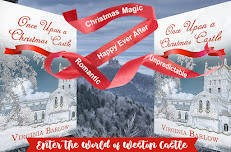
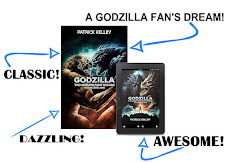
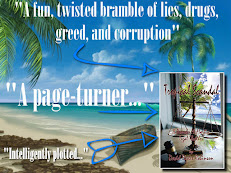

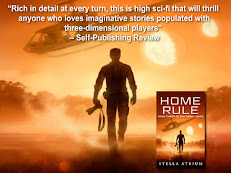



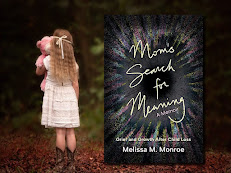



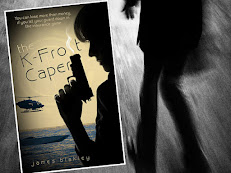
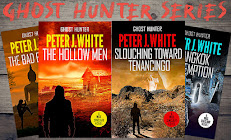
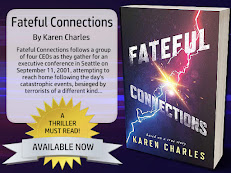
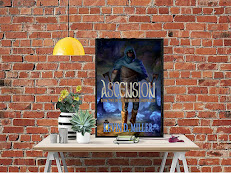






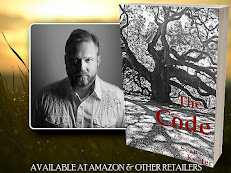
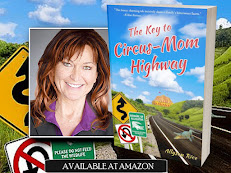
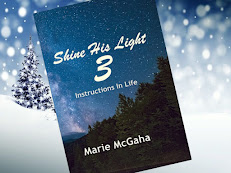
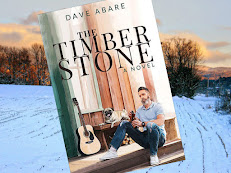
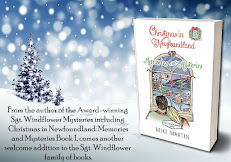

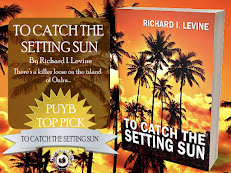

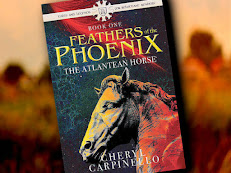
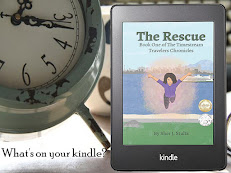

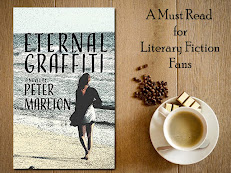
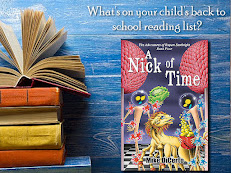
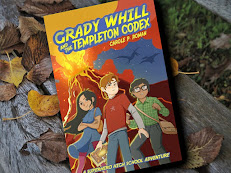
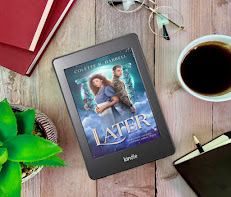

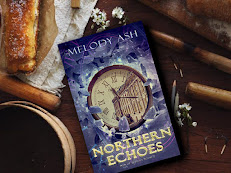

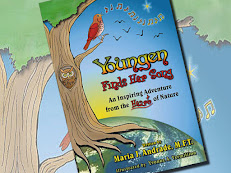

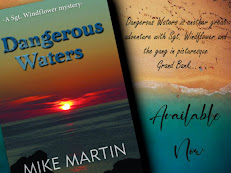

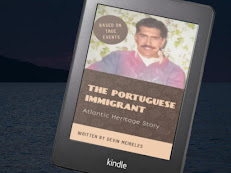
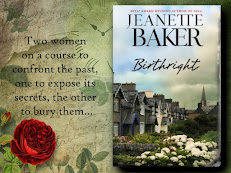
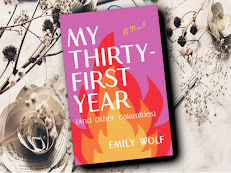
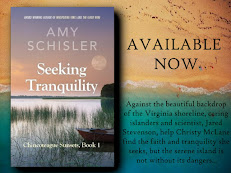
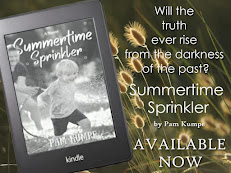

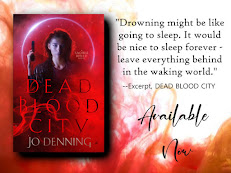
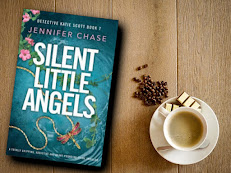

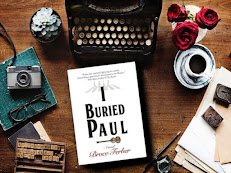
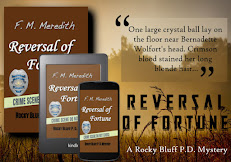
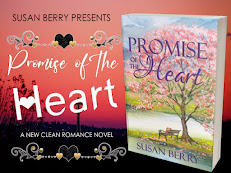

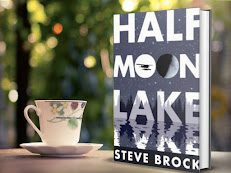
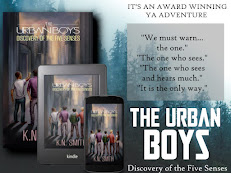
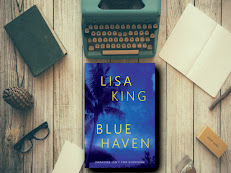

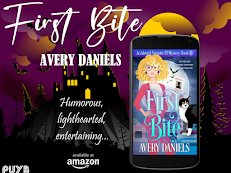

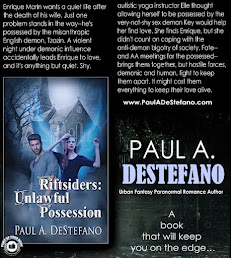

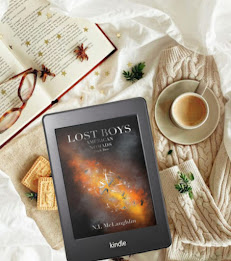
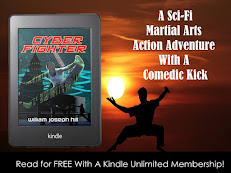


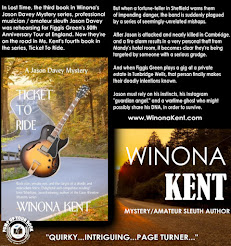

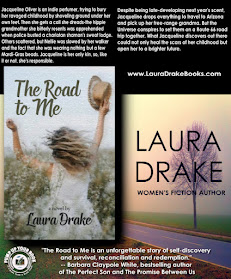



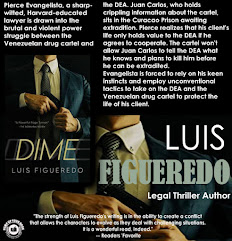























No comments:
Post a Comment